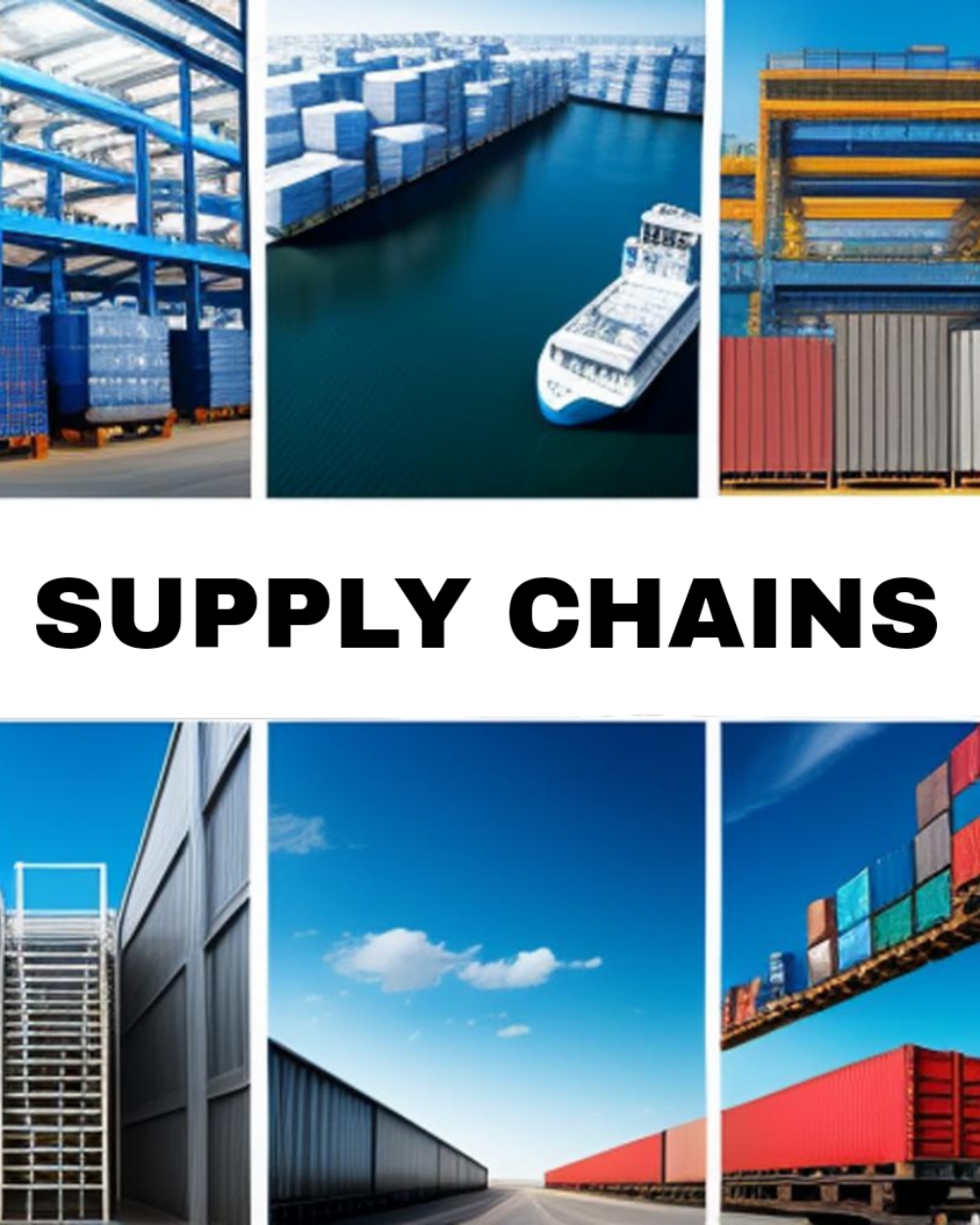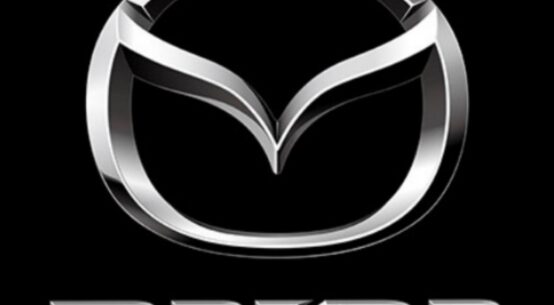Supply Chain Management | Case Law | Business
Introduction: Supply Chain Dilemmas
In today’s interconnected global economy, companies increasingly rely on complex international supply chains to source materials, manufacture products, and distribute goods. While these networks offer cost efficiencies and market reach, they also expose businesses to a myriad of legal risks.
From labor violations and environmental damage to regulatory non-compliance and contractual disputes, the legal landscape of global supply chains is fraught with challenges. This article examines several high-profile cases to illustrate the legal complexities companies face and the evolving expectations for corporate accountability.
Case Study 1: Apple and the DRC Cobalt Mining Allegations
In December 2019, the International Rights Advocates filed a lawsuit against Apple, Microsoft, Dell, and Tesla, alleging that these tech giants benefited from child labor in cobalt mining operations in the Democratic Republic of Congo (DRC). The lawsuit claimed that the companies’ supply chains indirectly sourced cobalt from mines where child labor was prevalent. While the case was ultimately dismissed in 2024 due to a lack of direct evidence linking the companies to the alleged abuses, it highlighted the challenges of tracing supply chains and the legal responsibilities of companies to ensure ethical sourcing practices. (Wikipedia)
Case Study 2: LVMH’s Loro Piana and Labor Exploitation
In 2024, Italian luxury brand Loro Piana, owned by LVMH, was placed under judicial administration by a Milan court following allegations of labor exploitation in its supply chain. The company had subcontracted production to Evergreen Fashion Group, a Chinese-owned firm, which reportedly engaged in exploitative labor practices. Although Loro Piana claimed to be unaware of the subcontracting arrangement, the court’s decision underscored the legal implications of supply chain oversight and the importance of due diligence in preventing labor abuses. (Financial Times)
Case Study 3: Congo’s Conflict Mineral Complaints Against Apple
In December 2024, the Democratic Republic of Congo filed criminal complaints against Apple subsidiaries in France and Belgium, alleging the use of conflict minerals sourced from Congo and Rwanda in their supply chains. The complaints asserted that Apple was complicit in crimes committed by armed groups involved in mining these minerals. While Apple denied the allegations, the case highlighted the legal risks companies face when sourcing materials from regions with ongoing conflicts and the increasing scrutiny of corporate supply chains by governments and NGOs. (Reuters)
Case Study 4: The Trail Smelter Dispute
The Trail Smelter dispute, a landmark case in environmental law, involved a Canadian-American pollution dispute over emissions from a smelter in British Columbia. The smelter’s operations caused damage to forests and crops in the surrounding area and across the Canada-U.S. border in Washington. The case was resolved through arbitration, establishing the principle that a country is responsible for preventing pollution that causes harm to other countries. This precedent has influenced international environmental regulations and underscores the importance of environmental compliance in cross-border operations. (Wikipedia)
Case Study 5: Wiwa v. Royal Dutch Shell
The Wiwa v. Royal Dutch Shell case involved lawsuits brought by the family of Nigerian activist Ken Saro-Wiwa against Shell, alleging complicity in human rights abuses in the Niger Delta. The case was settled in 2009 for $15.5 million, marking a significant moment in corporate accountability for human rights violations. The settlement highlighted the potential legal consequences for companies operating in conflict zones and the importance of adhering to human rights standards in supply chain operations. (Wikipedia)
Legal Implications and Lessons Learned
These case studies illustrate several key legal challenges in managing international supply chains:
- Due Diligence and Oversight: Companies must implement robust due diligence processes to monitor and manage risks associated with suppliers, subcontractors, and third-party vendors.
- Regulatory Compliance: Adherence to international regulations and standards, such as the EU’s Corporate Sustainability Due Diligence Directive, is essential to mitigate legal risks.
- Ethical Sourcing: Businesses are increasingly held accountable for the ethical practices of their supply chain partners, necessitating transparency and accountability.
- Environmental and Human Rights Standards: Companies operating in regions with weak governance structures must take proactive measures to prevent environmental degradation and human rights abuses.
Conclusion: Global Supply Chain Management in the Future
The legal complexities of managing international supply chains are multifaceted and require companies to adopt comprehensive strategies to mitigate risks. By learning from past cases and implementing rigorous compliance and oversight mechanisms, businesses can navigate the challenges of global supply chains while upholding legal and ethical standards. As the global business environment continues to evolve, the importance of proactive legal risk management in supply chain operations cannot be overstated.






